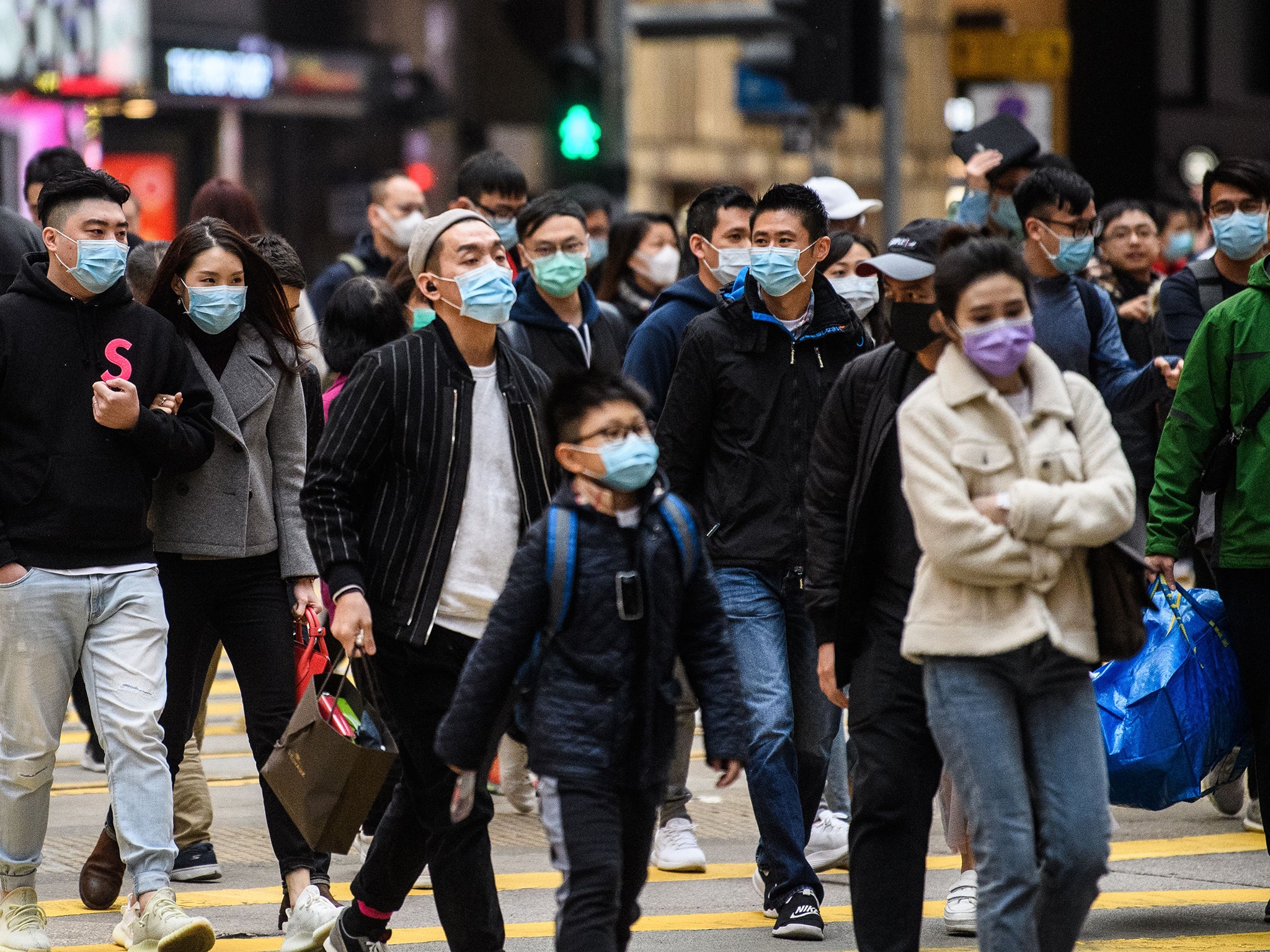Inside our reporting of the coronavirus hotspots around the world
As readers wrap their heads around the outbreak, the foreign desk is committed to providing a sense of clarity, writes Gemma Fox


Coronavirus has been our top story for nearly three months across both UK and international news, and its rising death toll and rapid spread across the world is worrying our readers.
I have had numerous friends contact me with their concerns – should they be stockpiling, cancelling trips abroad, or avoiding large gatherings?
On the foreign desk, we have tried to help our readers understand the global impact of the outbreak – not just keeping tabs on the rising death toll and cases worldwide – but the human stories behind the numbers.
I would argue this has been the most important when it comes to China, which has seen brands close down shops, flights cancelled and visas to other countries revoked. It is also a country that is notoriously hard to report from – whether it’s international journalists getting access or the risks local reporters face if they do not follow the government line.
In the epicentre of coronavirus, Wuhan, we commissioned a journalist to write about a very important topic: the plight of HIV patients living under lockdown. With sections of the city cordoned off and any weakening of their immune system making them more vulnerable to coronavirus, how are they supposed to pick up their medication?
We have also had stories from Wuhan about how hospitals are struggling to cope with the sheer volume of cases and are turning away patients with the diseases, as well as families who have been separated because of the quarantine.
Closer to home (and probably where more people have booked their holidays) is Italy – which is suffering from the worst outbreak in Europe. One of our freelancers in Milan has written for us on what life is like for people living in the so-called “red zone“, as well as how the government is trying to deal with the political fallout the outbreak has caused. We’ve also written about how Venice has turned into a ghost town as tourists are turned away.
In Iran, 77 have died, cases have soared to more than 2,000 and a number of MPs have been infected. The WHO has deemed it a country of “great concern” – along with Japan, South Korea and Italy.
Tapping into our excellent team of Middle East experts, we commissioned a number of stories about how Iran is struggling with the scale of the outbreak.
Kim Sengupta, our diplomatic and defence editor, gained rare access to the country – usually closed off to western journalists – and wrote a long read for us about how the outbreak is not only “a hugely serious issue of health, but one of politics and the social contract between the state and the citizens”.
Borzou Daragahi, our international correspondent, reported on how different versions of the death toll were being given by lawmakers, adding to Iranians’ distrust and confusion, in a country with weak public healthcare.
It’s a story that is unlikely to go away anytime soon and the foreign desk is committed to bringing our readers a sense of clarity – and humanity – amid the noisy panic.
Yours,
Gemma Fox
Deputy international editor
Join our commenting forum
Join thought-provoking conversations, follow other Independent readers and see their replies
Comments